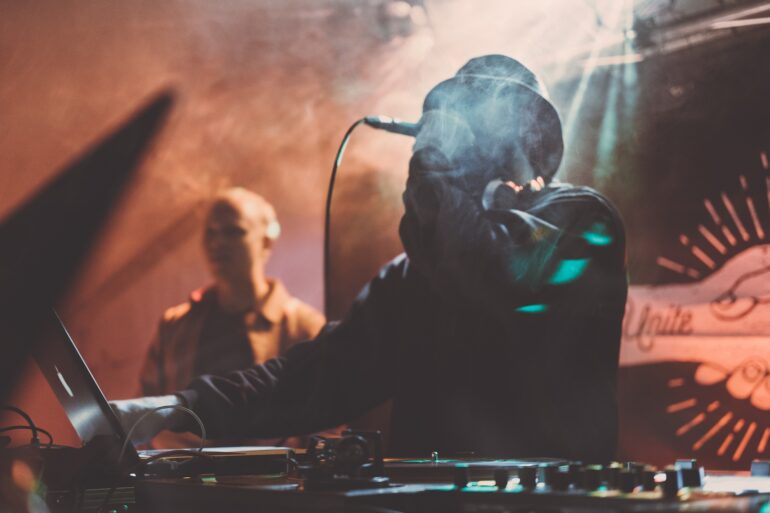TL;DR:
- A leading musician expressed concerns about AI-generated versions of his vocal performances on social media.
- Universal Music Group (UMG) requested streaming platforms like Spotify and Apple Music to block AI companies from accessing copyrighted music.
- UMG sent an email stating that AI services were being trained on copyrighted music without obtaining proper consent
- UMG emphasized their commitment to protecting their music and the interests of their artists and threatened to take decisive action
- UMG released a statement stating their moral and commercial obligation to prevent the unauthorized use of music
- The rise of AI in the music industry is causing concern for artists and labels, but AI-generated covers are still being shared and enjoyed.
Main AI News:
The leading musician took to social media to express his thoughts on AI-generated versions of his vocal performances, specifically referencing a video that showcased his rendition of Bronx rapper Ice Spice’s hit “Munch.” In a post on his Instagram story, the artist declared, “This is the last straw” and shared the controversial AI clip.
The collaboration between Drake and Ice Spice is particularly intriguing, considering the rappers’ past relationship. Although Drake was once a strong supporter of Ice Spice (born Isis Gaston), he unfollowed her on the platform, leaving Gaston without a clear explanation in interviews. However, he soon re-followed her.
The artist’s concerns come in the wake of Universal Music Group’s request to streaming platforms like Spotify and Apple Music to block AI firms from accessing their copyrighted music. The music industry has become increasingly worried about AI companies using copyrighted songs to “train” their machines.
UMG sent an email to Spotify, Apple Music, and other streaming services, stating that they had become aware of AI services being trained on copyrighted music “without obtaining the required consents” from the song’s rightful owners. The email affirmed UMG’s commitment to protecting their music and the interests of their artists.
“We will not hesitate to take decisive action to safeguard our rights and those of our artists,” UMG emphasized in the email, obtained by the Financial Times and later confirmed by Billboard through sources on both sides. Despite the lack of clarity on the specific steps that will be taken or the measures that streaming platforms can implement, it is clear that both labels and artists are in agreement that change is necessary.
In response to the email sent to DSPs, UMG released a statement stating, “We have a moral and commercial obligation to our artists to prevent the unauthorized use of their music and to stop platforms from hosting content that infringes on the rights of artists and other creators. We expect our platform partners to also have a commitment to preventing their services from being used to harm artists.”
Other AI-generated covers making their rounds include Rihanna’s rendition of Beyoncé’s “Cuff It,” which sounded surprisingly convincing aside from a glitch during a melodic run.
While the rise of AI in the music industry may be a cause for concern for artists and labels, it is hard not to be amused by the AI-generated version of Drake rapping “A– too fat, can’t fit in no jeans.”

Source: Billboard Media
Conlcusion:
The increasing use of AI in the music industry is raising concerns among artists, labels, and music organizations like Universal Music Group (UMG). UMG has taken a stance to protect their rights and those of their artists by requesting streaming platforms to block AI companies from accessing copyrighted music. They have affirmed their commitment to preventing the unauthorized use of music and have threatened to take decisive action if necessary.
Despite the lack of clarity on specific measures that will be taken, it is evident that the industry is in agreement that change is necessary to protect the interests of artists and music creators. The rise of AI in the music industry will likely continue to be a topic of discussion and debate, as well as a challenge for the industry to navigate.

